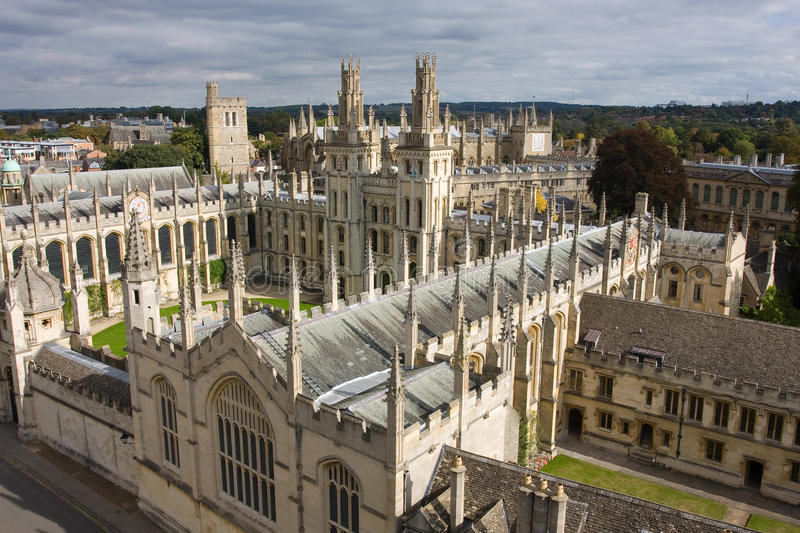Policymakers are yet to define the nature of higher education. Is it primarily a service to enhance skill and hence employability? Or is it a tool of inclusivity and growth, catering to the society more than the individual? Defining these elements is important for outlining the policy goals of higher education.
The expansion of educational infrastructure has brought along new benefits: increased income levels, social advancement, wider accessibility, etc. These benefits have made policymakers like UNESCO believe that increasing participation should be the primary goal of higher education.(1)
However, various challenges still exist: the competition isn’t about whether you get into a University, but rather about which University. Barriers identified, include finances, entry-qualification requirements, accommodative learning opportunities, exclusionary cultures within institutions and shortfall of support services. (2) These are some of the areas of concern and they restrict equity in education to merely the entry point of access. Thus, the expansion of higher education has only strengthened the perception that some universities are superior to the rest. Entry into top universities becomes sought after and less accessible, but the preferential treatment of graduates from these universities isn’t seen as a problem.
Most of the research that surrounds higher education looks at the issues within, especially while examining accessibility, social justice, etc. (3) A relatively less explored area is the impact that higher education can have on global or national social problems. It is impossible to separate the two characteristics of higher education - how it addresses inequalities within the education system determines how effective it is in responding to problems that the world poses.
We are in a society where social inequality would be justified by broad equality of opportunity for individuals to succeed if they are ‘worthy’. It seems like everyone has a fair chance to succeed however, the grim reality of the education system remains. Multiple social factors (gender, nationality, income level, caste, etc) determine your chances of success, no matter how ‘equal’ opportunities seem.
Are private liberal arts universities in India inclusive of people from non-urban, non- upper-class backgrounds on campus? Is it fair that only some people can afford coaching centers and career counselors for their children? Only some people can afford better colleges and better life prospects? It isn’t coincidental that despite reservation policies in Indian colleges, there are a large number of upper-caste professionals in fields from bureaucracy to academia, while lower caste communities remain grossly underrepresented. The message sent out is clear- ‘Your problems are all your fault, while your privileges are all your own achievement’ which legitimizes inequalities as well.
Expanding universities has undoubtedly opened horizons for those to whom higher education was inaccessible. However, we must recognize the hurdles that make higher education inequitable- to ensure equality of opportunity in practice. A radical reimagination of higher education shows its unique potential as a platform for inclusive growth. Some theorists view the moral responsibility of higher education is to reinforce the idea of public knowledge and awareness. (4) Keeping academia independent from political pressures is important - and translating this academic independence into larger public cultures of critical thinking and informed opinions is something worth pushing for as an important goal of higher education. Open-sourcing of knowledge through the internet and higher education collaborations with mass media are examples of how the circulation of knowledge can be expanded to those who don't participate in higher education first-hand. While the higher education system is swamped with social injustices, we must reimagine it for the betterment for our society. (5) The power to shape minds that will shape our tomorrow lies with us.
1.Mayor, F. (1998) Foreword. Higher education in the 21st Century, UNESCO World Conference on Higher Education
2.Thomas, L. (2001). Power, Assumptions and Prescriptions: A critique of widening participation policy- making, Higher Education Policy, 74(4), pp. 361- 376
3. Brennan, J and Naidoo, R, Higher Education and the Achievement (And/or Prevention) of Equity and Social Justice, Higher Education , Sep., 2008, Vol. 56, No. 3, The Future of Higher Education Research, pp. 287-302
4.McLaughlin, N., Kowalchuk, L., & Turcotte (2005), Analytic Reflections on Public Sociologies, The American Sociologist, pp. 133-150
5. Zajda, J., Majhanovich, S., & Rust, V. (2006). Introduction: Education and Social Justice, International Review of Education, pp. 9-22
